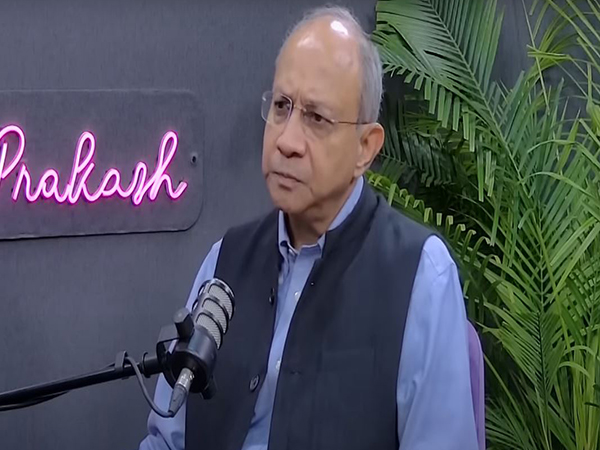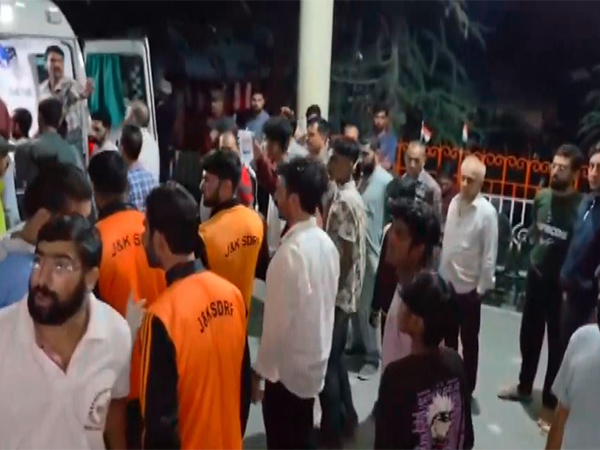Troop withdrawal, anti-US sentiment in Pak may constrain counterterrorism operations in Afghanistan
Jun 12, 2021

Washington [US], June 12 : Amid the withdrawal of US troops from Afghanistan, a deepening anti-US sentiment in Pakistan has constrained America's counterterrorism operations in the conflicted region.
Citing a New York Times (NYT) report, Foreign Policy reported that US officials have held talks with Pakistan about using nearby Pakistani military bases for US counterterrorism operations in Afghanistan.
However, writer Michael Kugelman noted that the anti-US sentiment runs deep in Pakistan and the public strongly opposes basing arrangements for the US. Pakistan's Prime Minister Imran Khan is a vocal opponent of US drone strikes and his government has taken a populist position on the question of providing bases to the US.
Even as US-Pakistan talks have not gone far, the political risks of a base accord could still be prohibitive. The deal is only possible if the US accepts Pakistani conditions, such as approving US targets in Afghanistan and offers additional incentives, such as the restoration of security assistance suspended in 2018. At the same time, Pakistan would also face pressure from its close ally China to avoid a deal.
Furthermore, US-Pakistan counterterrorism cooperation has a mixed record as American officials believe Pakistan has tipped off terrorists in Afghanistan about impending raids. Pakistan's long-standing patronage of the Taliban also stands as a major tension point. Such issues could work against a new deal.
Meanwhile, Tajikistan and Uzbekistan, which border Afghanistan, had previously permitted US military personnel on their soil, though only for refuelling purposes in Tajikistan. However, they run the risk of provoking Russia if they were to host US troops now.
Finally, the United States has military facilities in the Persian Gulf, although their distance from Afghanistan would hamper surveillance and targeting. These facilities may just have to do, writes Kugelman for Foreign Policy.
Speaking to the Senate Appropriations Defense Committee on June 8, acting Air Force Secretary John Roth said that existing US bases will be used for "over-the-horizon" counterterrorism activities in Afghanistan for now.
As long as US negotiators struggle to secure new basing arrangements close to Afghanistan, its counterterrorism capacity will face constraints, and Biden's assurances could ultimately ring hollow.
Meanwhile, the Pentagon is mulling to authorise airstrikes in Afghanistan if the country falls into crisis due to the rise in violence by the Taliban in the country following US troops pull-out.
Citing The New York Times, The Hill reported that US senior administration officials said that military officials are actively discussing how to respond to potential consequences following the withdrawal of US troops, slated to be completed by September.
Meanwhile, President Biden said at the time that the US would continue to provide humanitarian assistance and support peace talks between the Afghan government and the Taliban.
Still, questions remained about how the US would handle threats from the region. Concerns over a rise in violence have grown amid clashes between the Afghan military and the Taliban since Biden announced the withdrawal.
Biden is also under pressure to evacuate Afghans who helped US forces during the conflict and are at risk of being hunted by the Taliban.

















